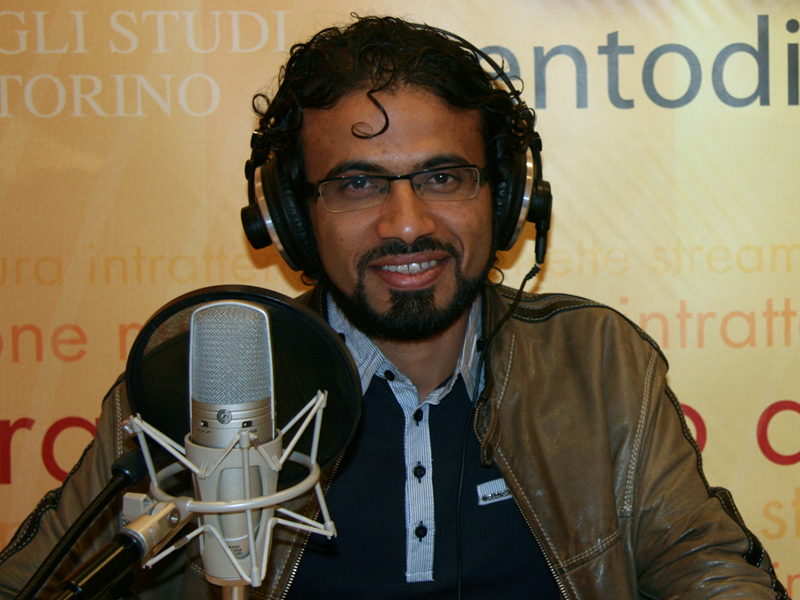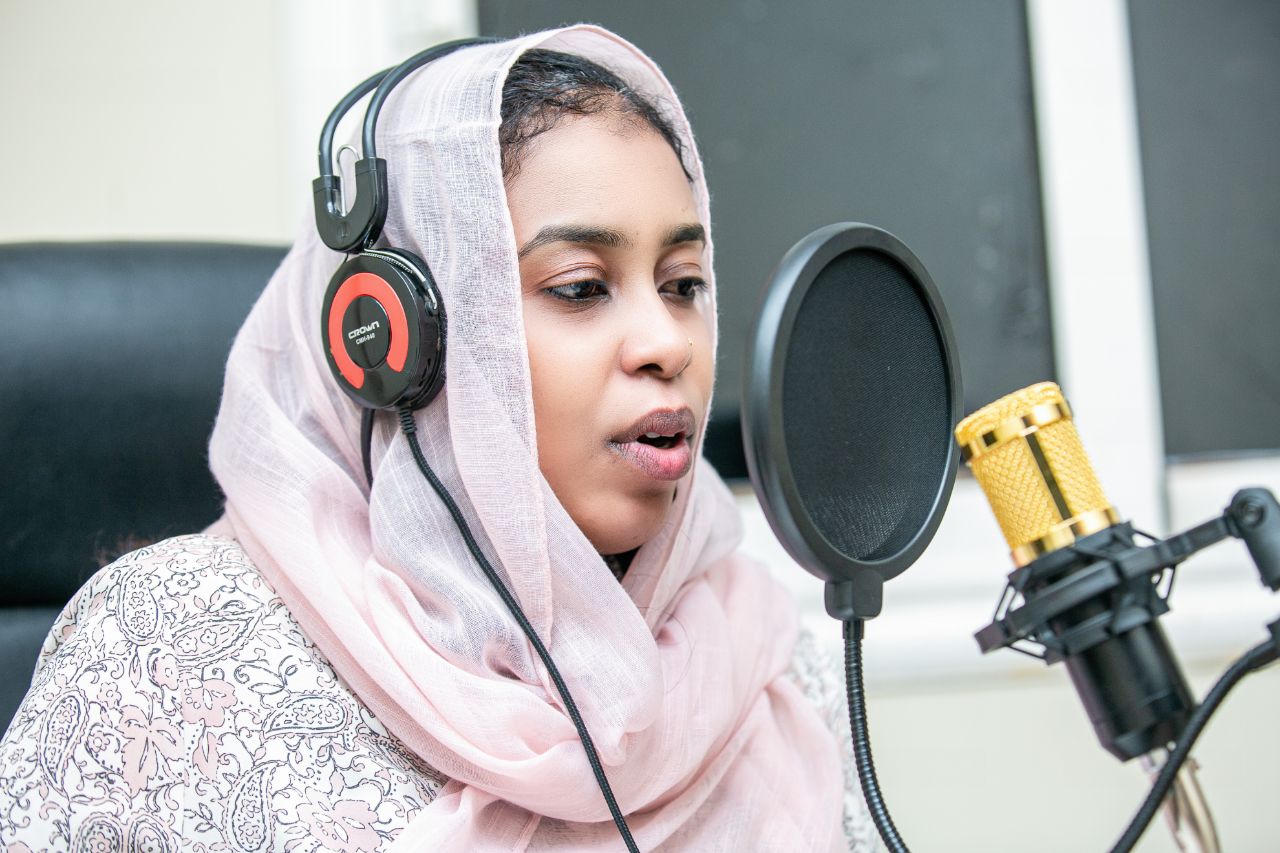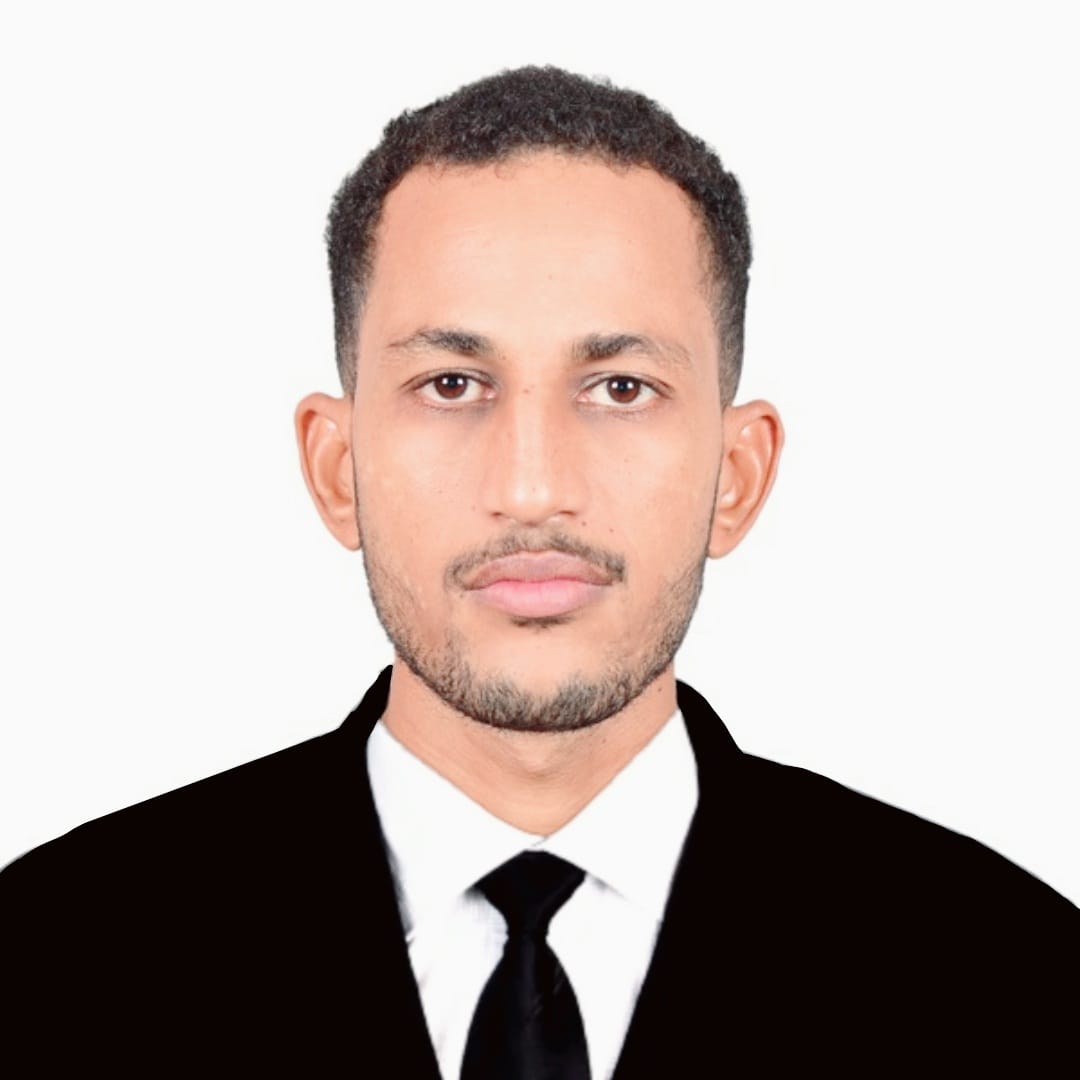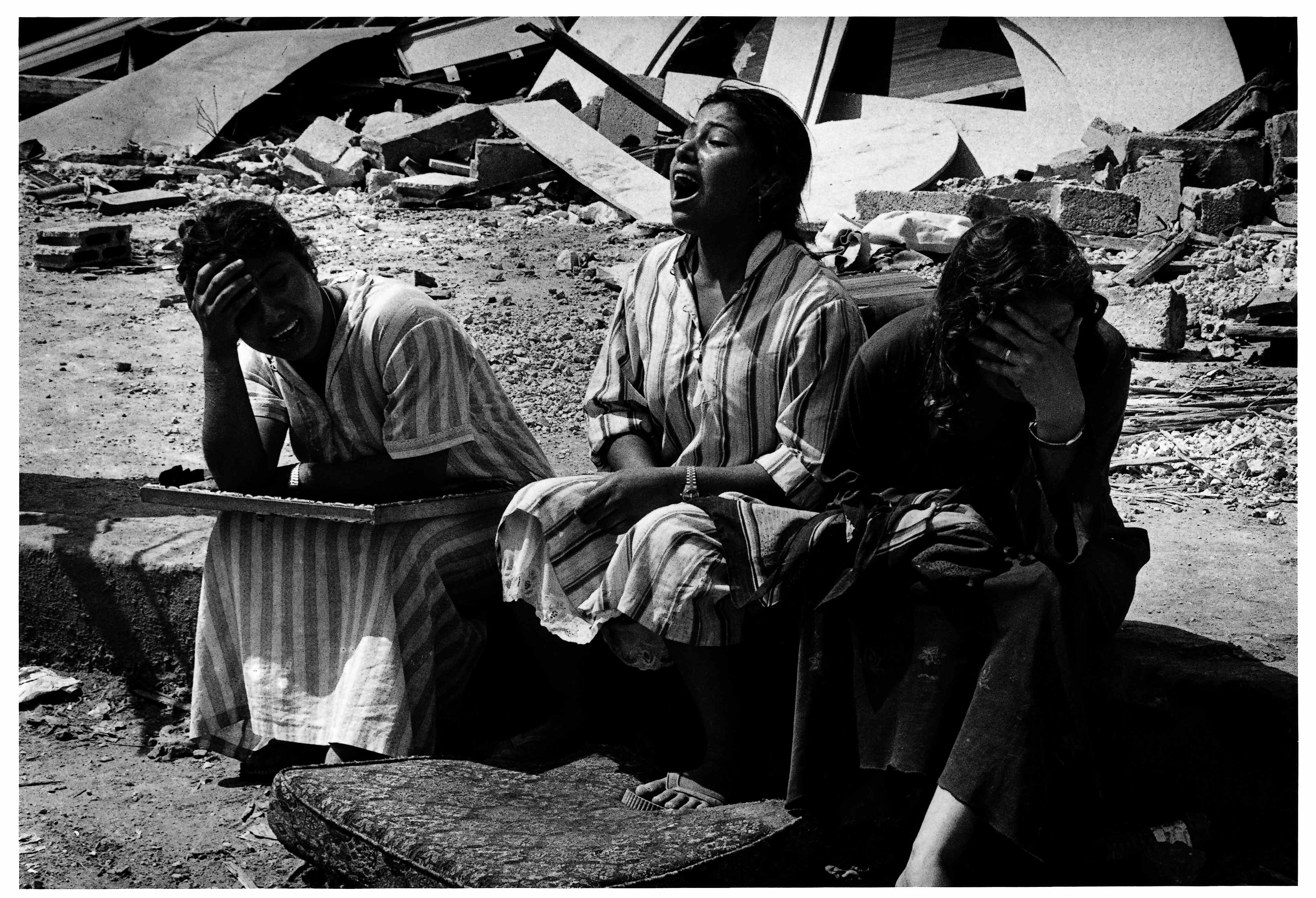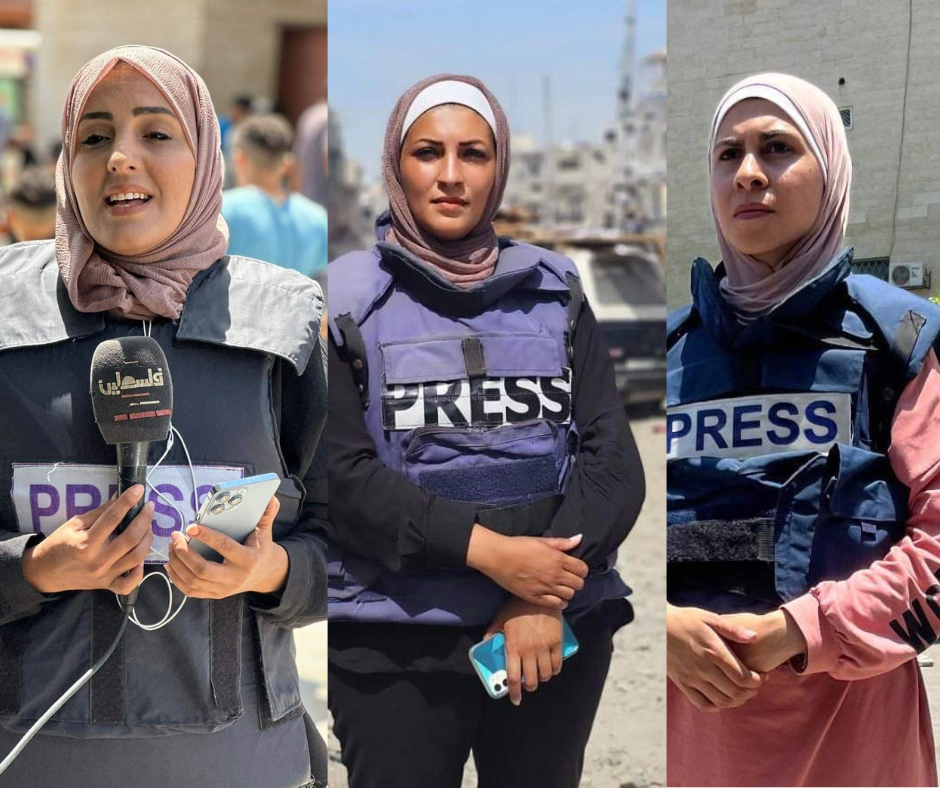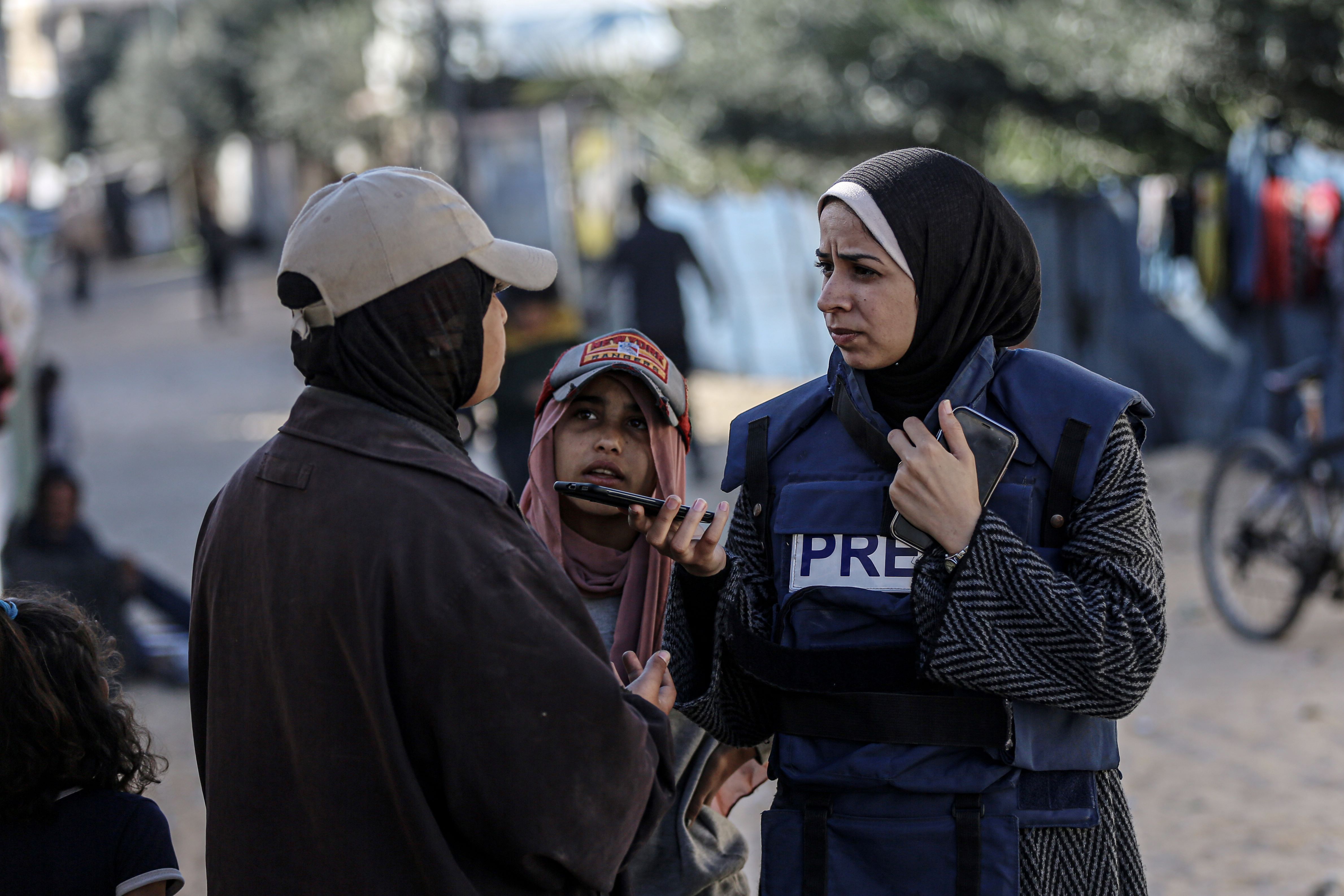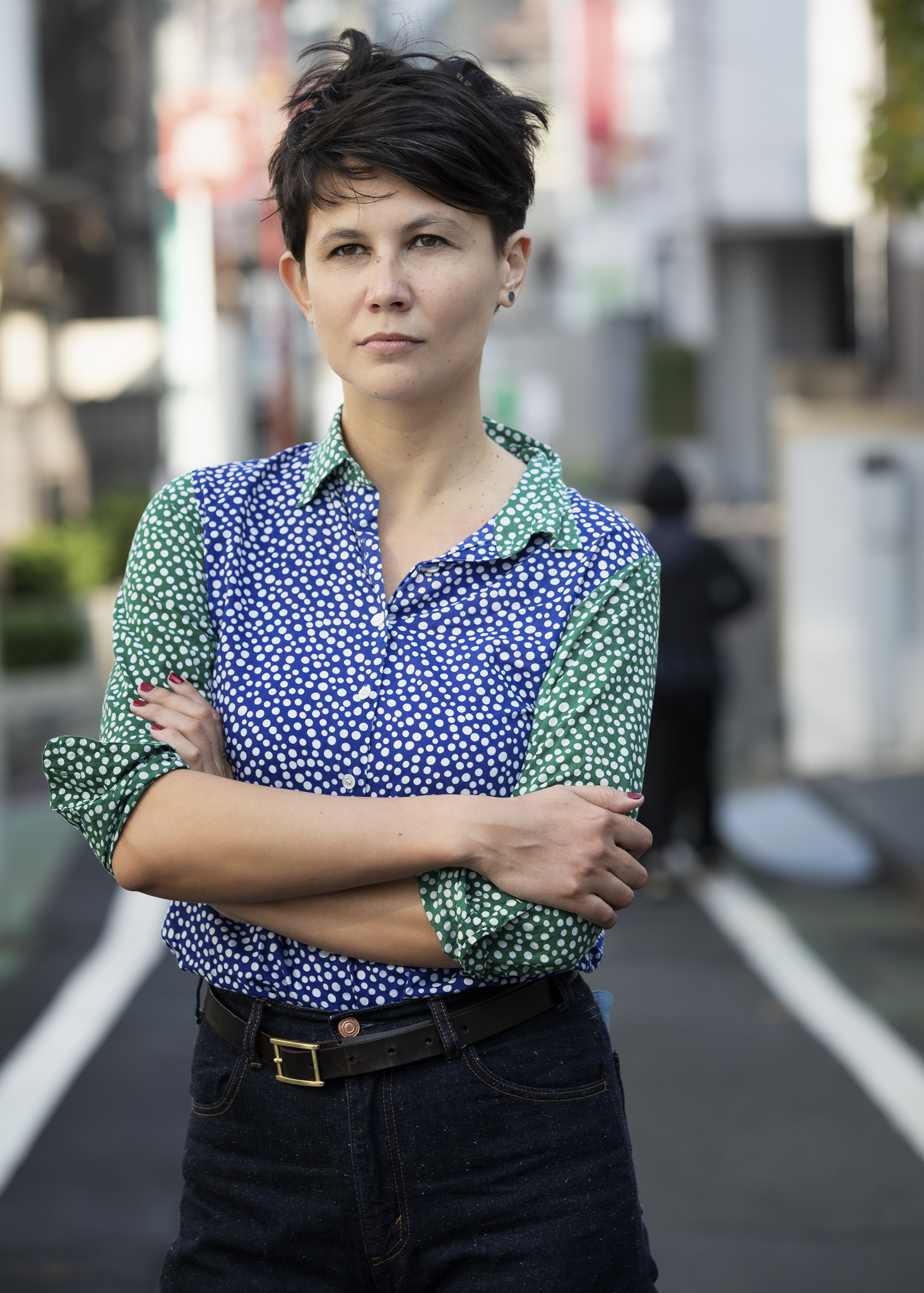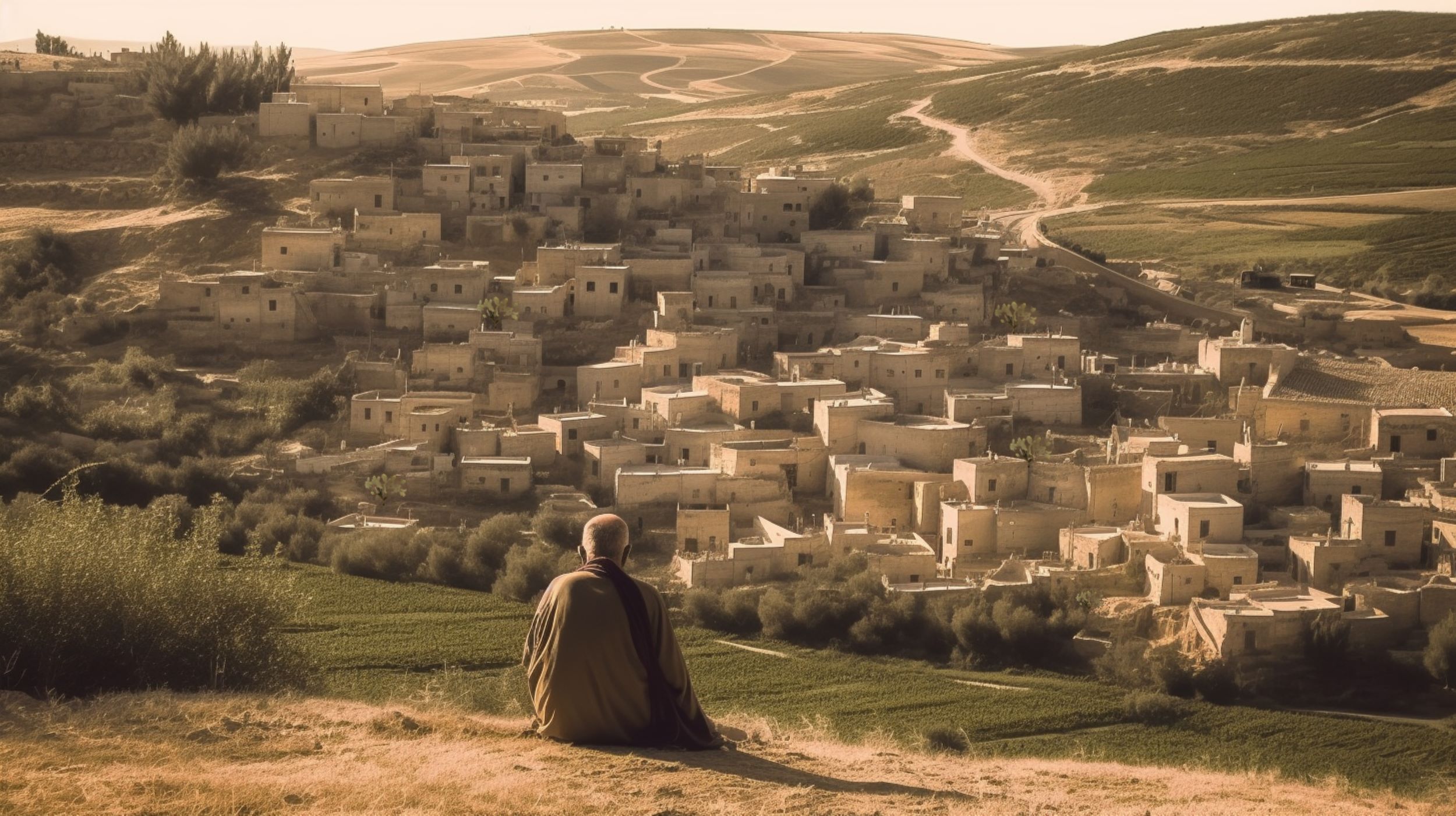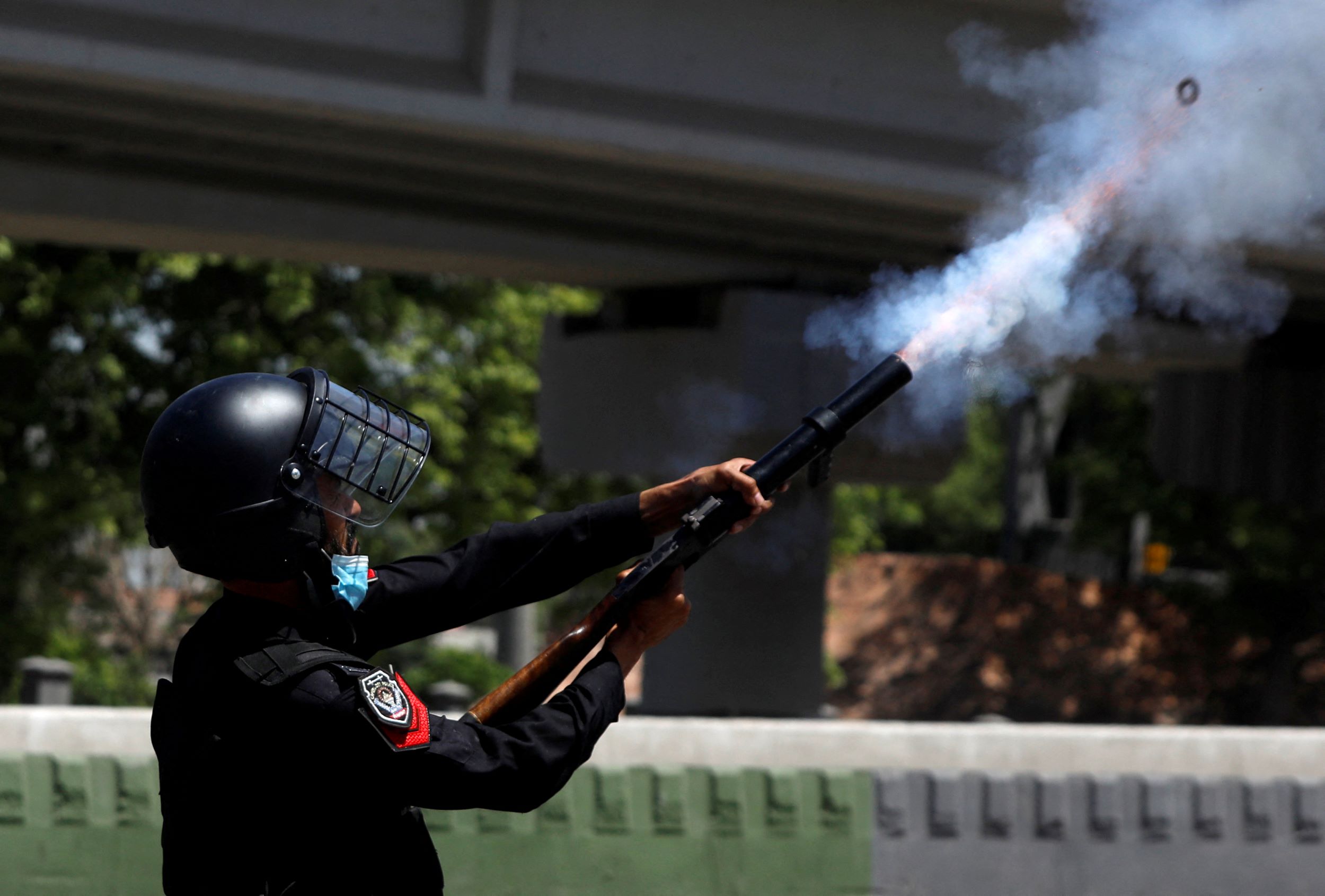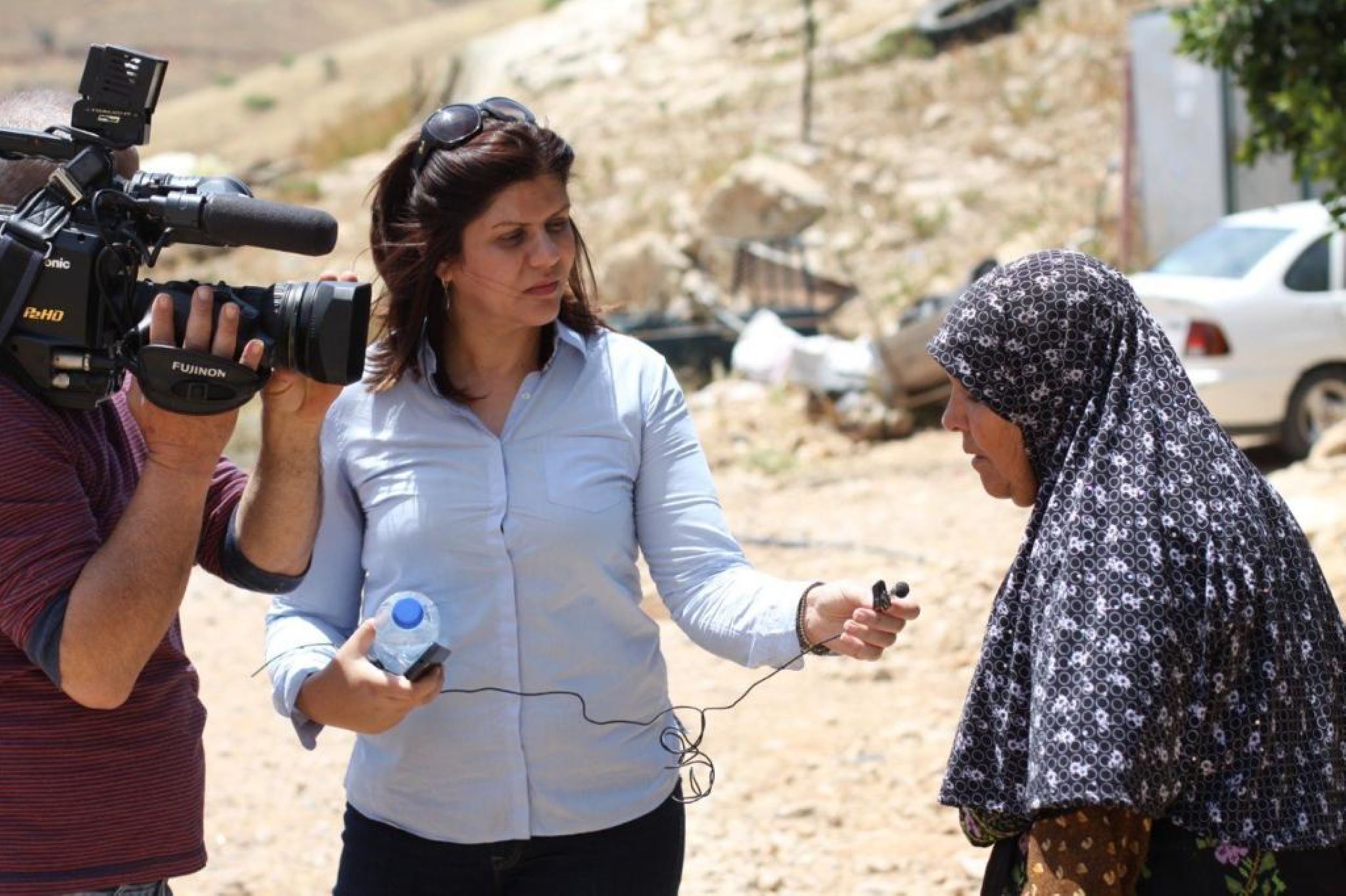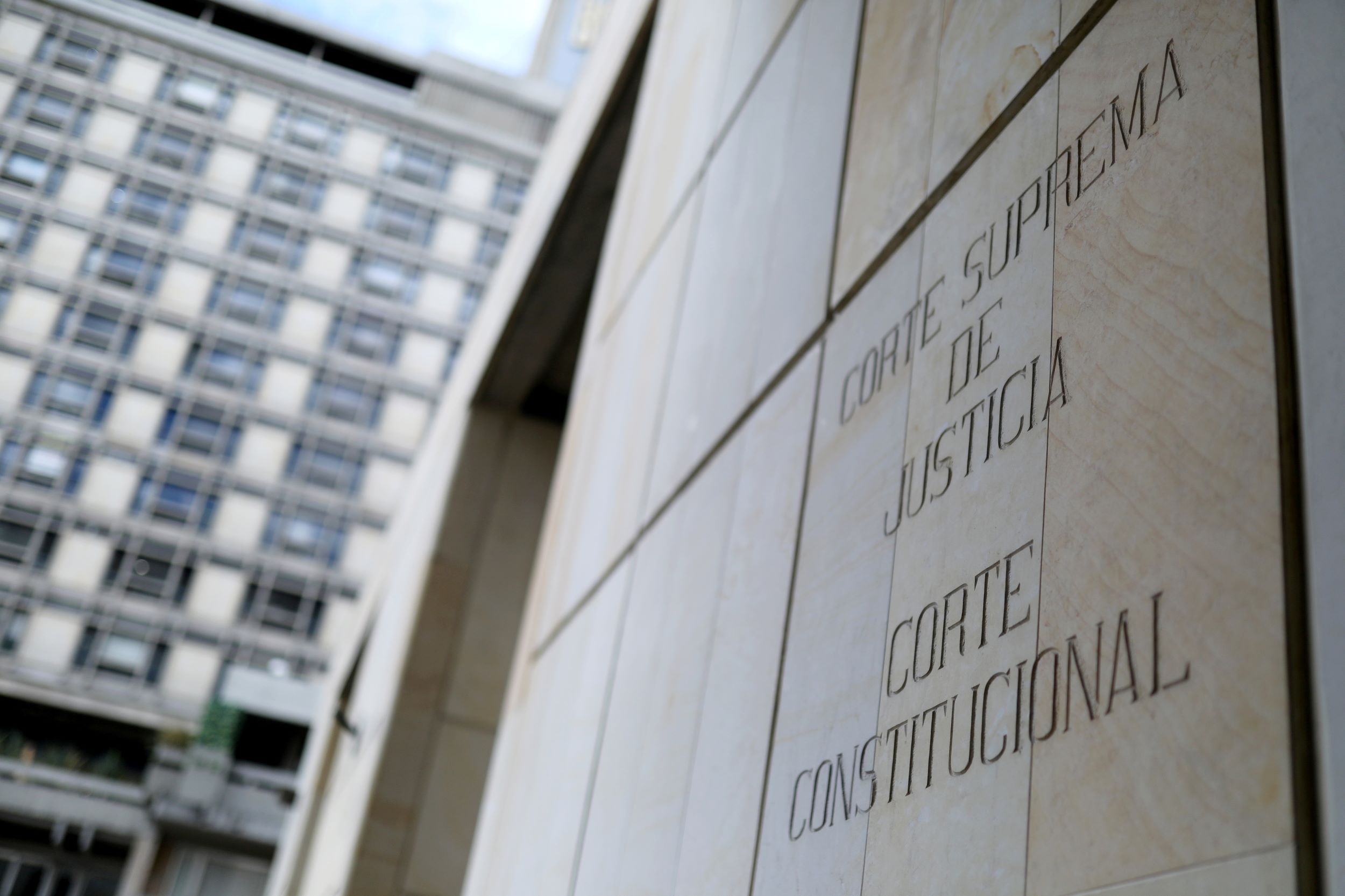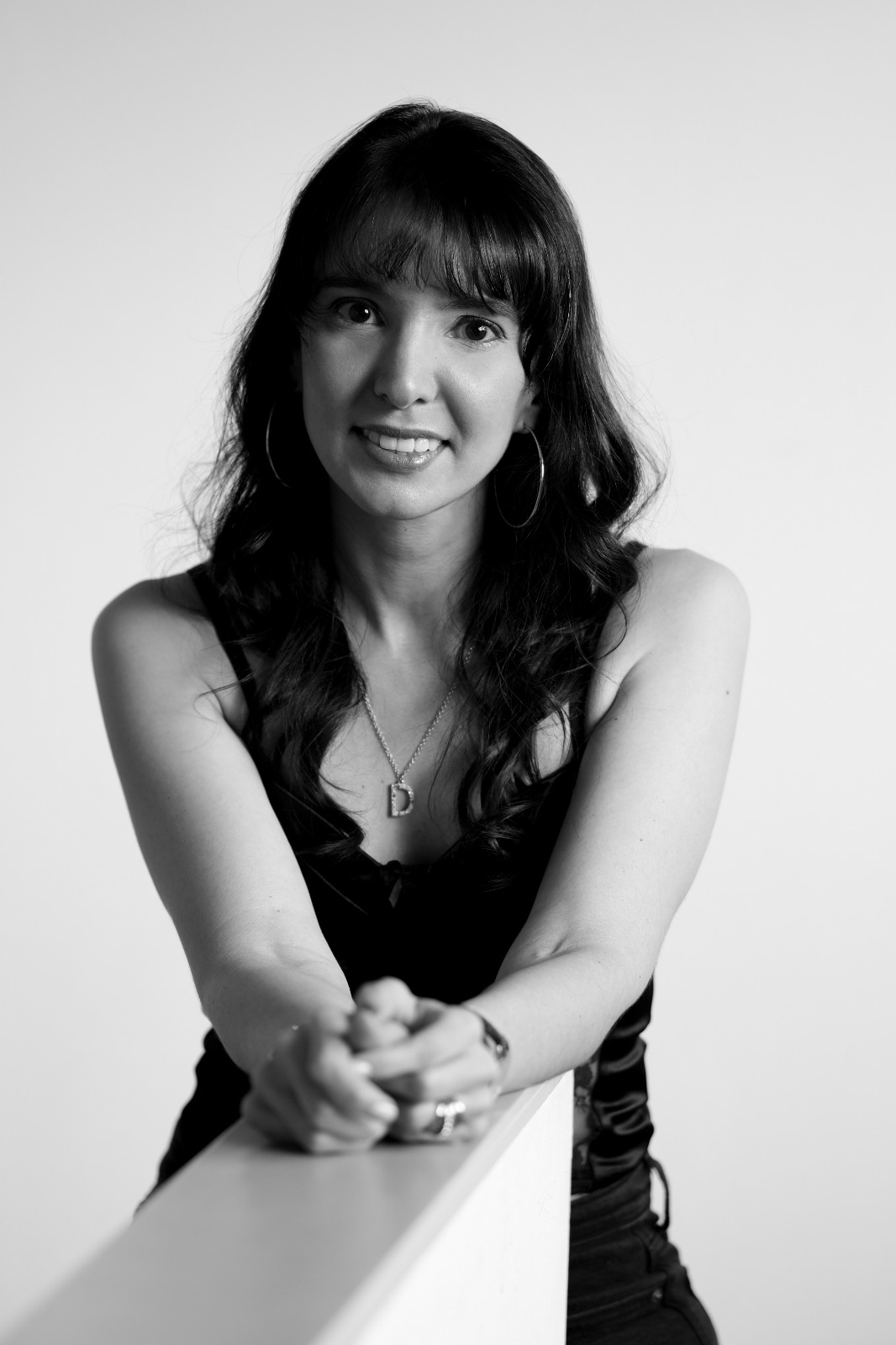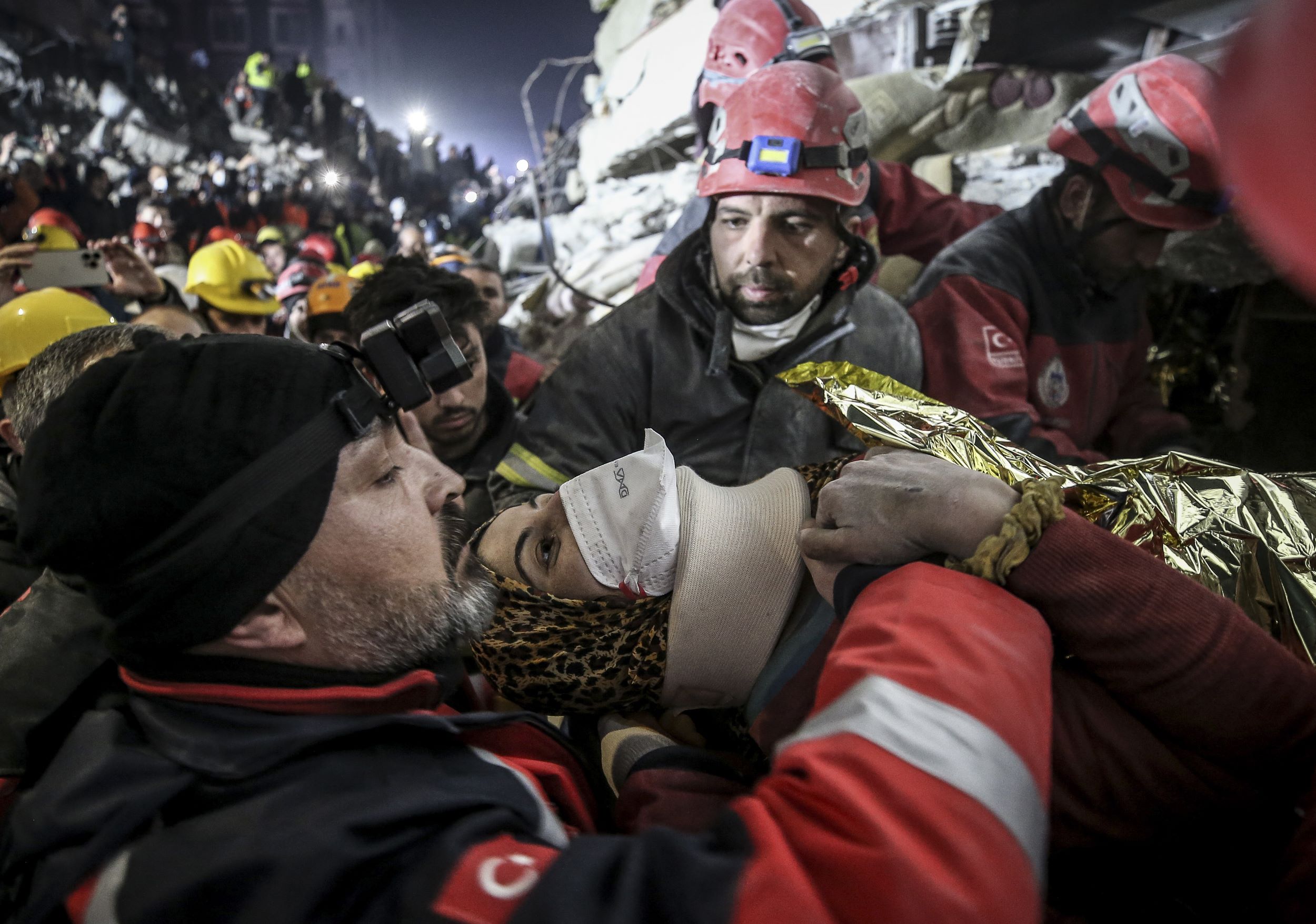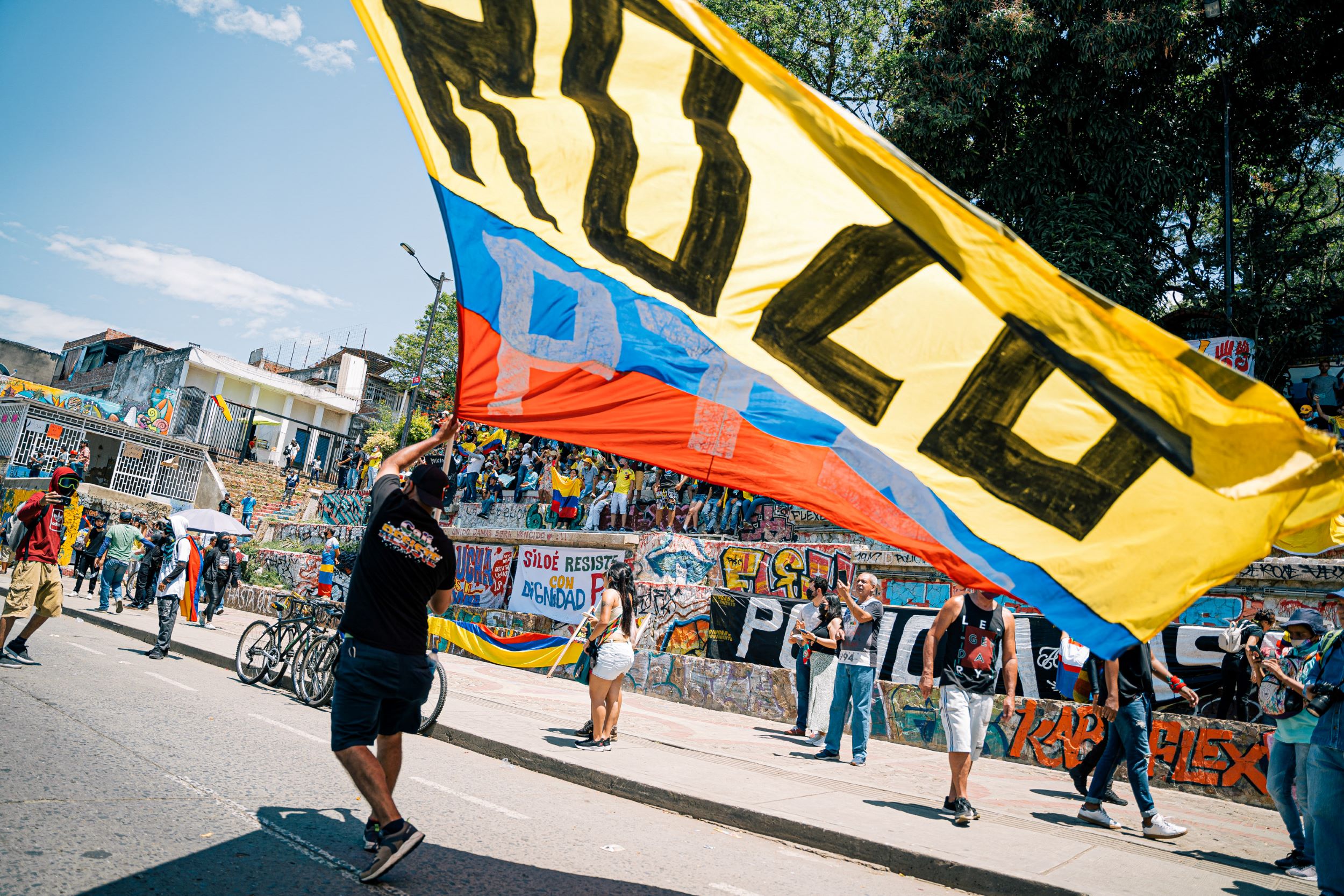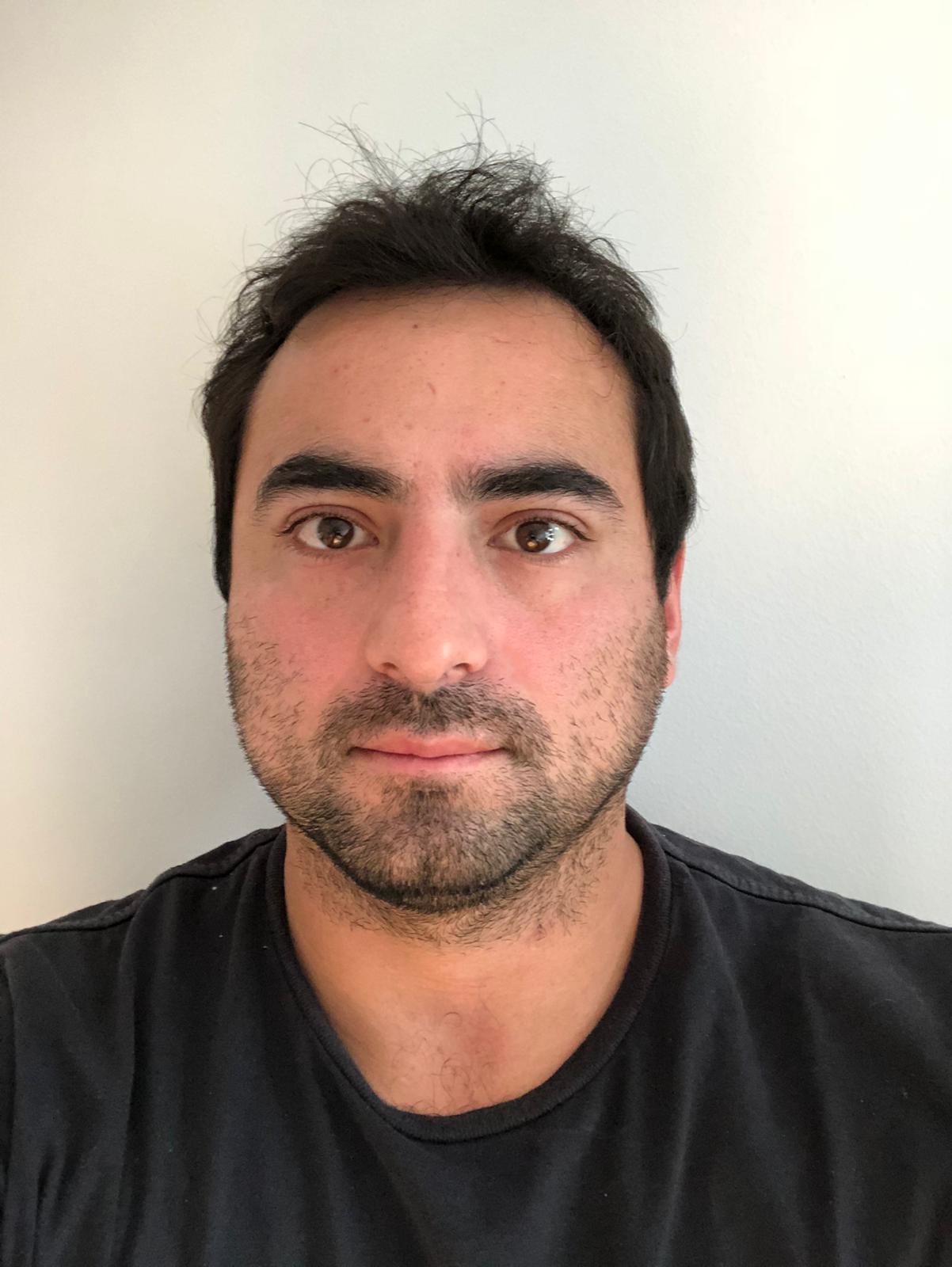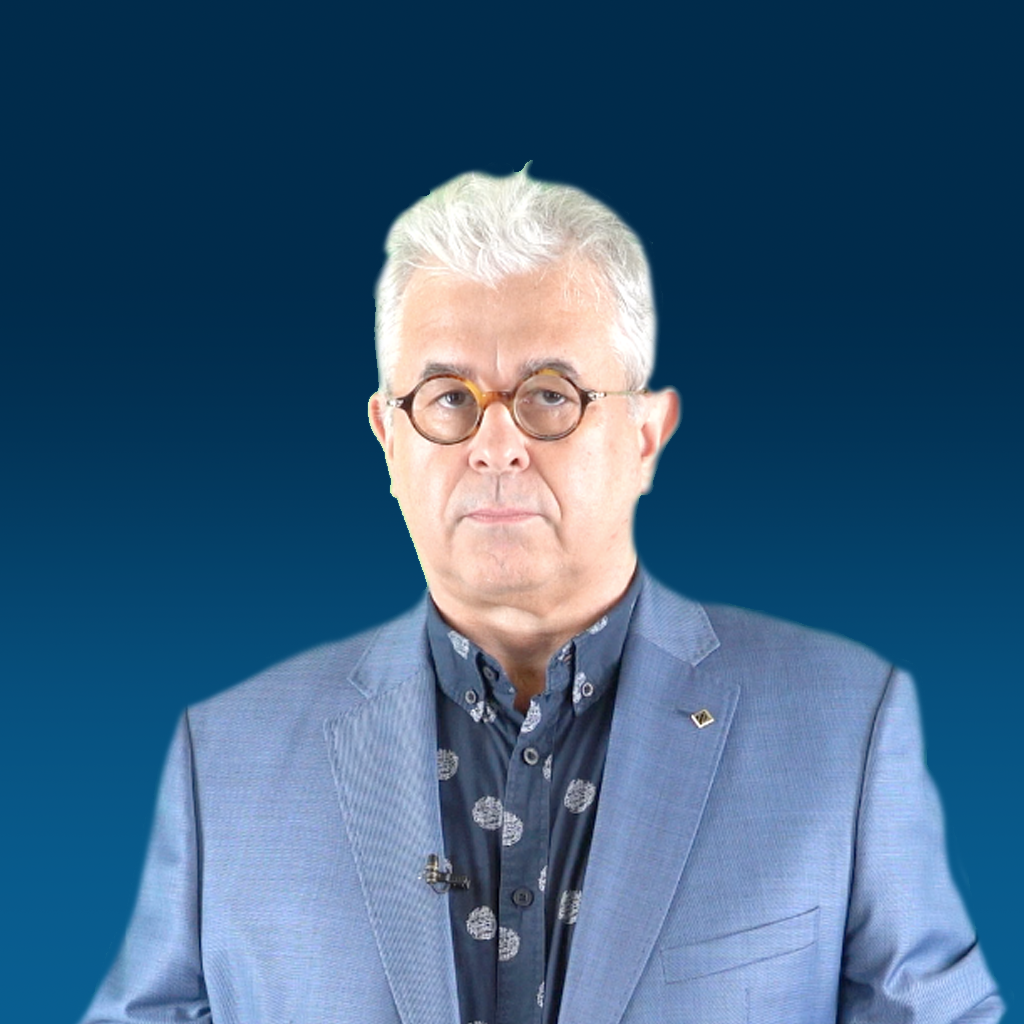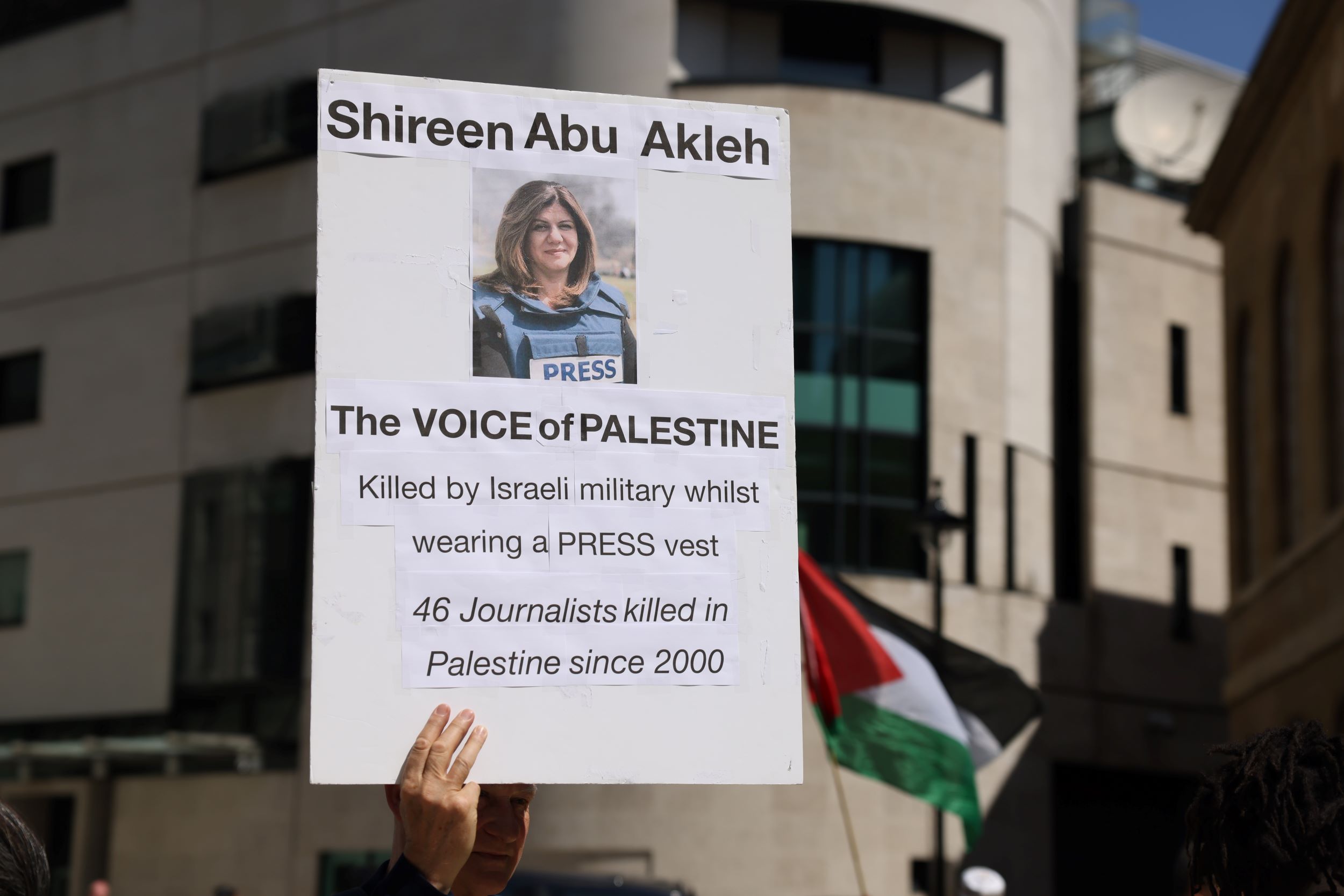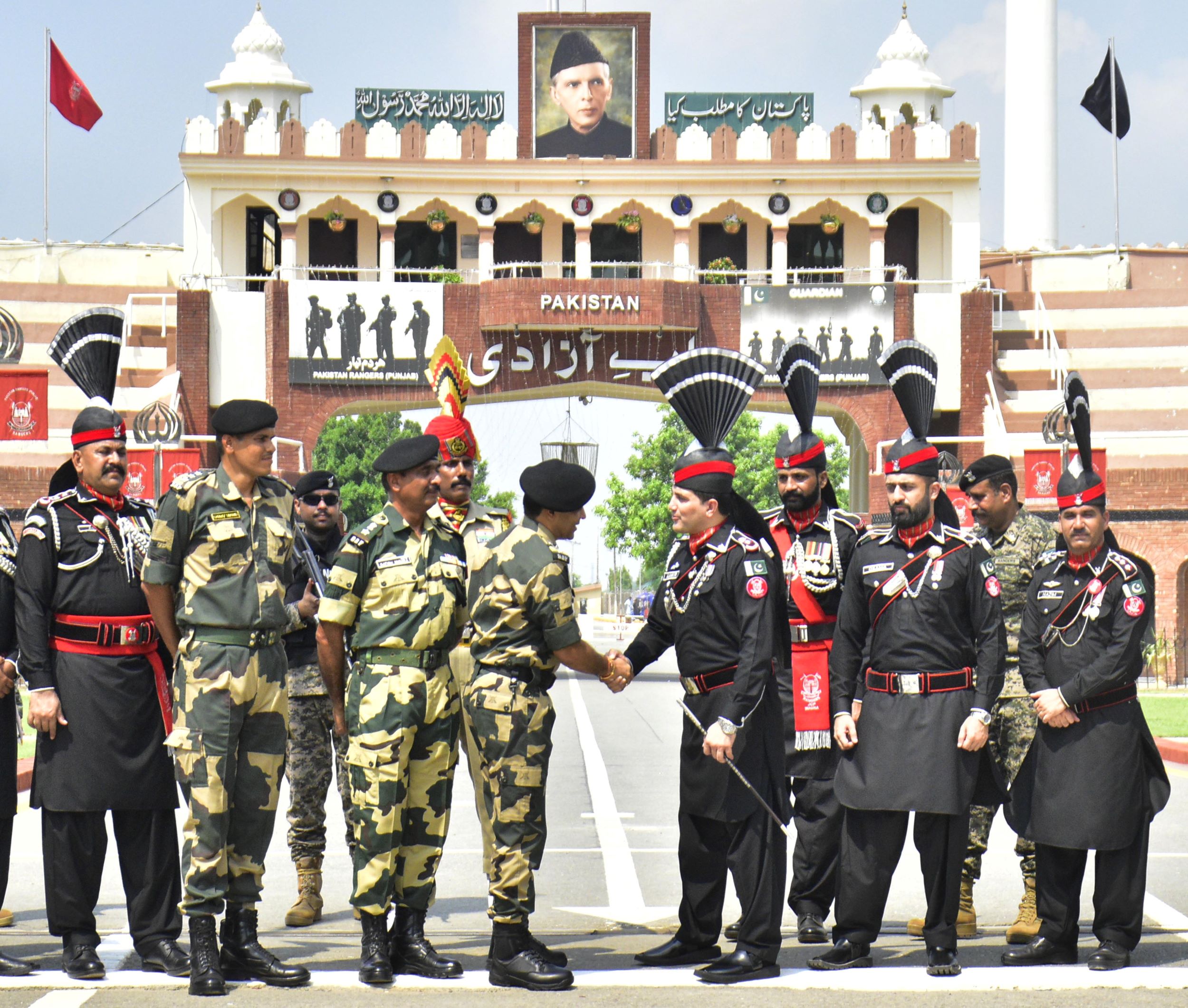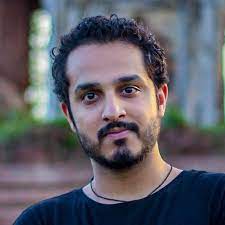مع مستهل العام الجديد 2020، أمضي نحو عامي الحادي عشر في الديار الإيطالية.. إيقاع الزمن هنا في المهجر كسرعة الضوء.. لم يخطر ببالي قبل نحو 18 عاما حينما حصلت في الرباط على إجازة في التاريخ (عن بحث في تاريخ تجربة هجرة اليهود في المغرب من خلال الصحافة الحزبية)؛ أني سأكتب عن تجربتي كصحفي مهاجر، ببعد هوياتي/ديني بحكم السياق السياسي والاجتماعي الذي تعيشه منطقتنا العربية خاصة، ثم إيطاليا وأوروبا عامة مع ارتفاع أصوات اليمين المتطرف التي رسمت صورا معادية للأجانب والمسلمين خاصة.
قبل انطلاق "الربيع العربي"، كنت أعيش ربيع العام 2009 مختنقا وأنا أشتمّ رائحة "بنْعَلة" (من بن علي) المشهد السياسي في المغرب.. كنت أرصد ذلك من موقعي كمحرر صحفي سياسي مركزي في جريدة "الصباحية" المغربية. في صيف العام ذاته، أخذت أفكر جادا في البحث عن متنفس وأفق جديد.. وصلت إلى قناعة وجودية أني مقيد، مكبل، ما لم أغامر وأجرب خارج الوطن في مناحي الحياة الإعلامية والفنية أيضا، خصوصا في مجال صناعة الفيلم الوثائقي التسجيلي.
فضل الراديو
كنت قد حصلت في أغسطس/آب 2009 على تأشيرة لمتابعة الدراسة بإيطاليا في علوم الاتصال (تخصص سينما وسمعي بصري). خلال اليوم الأول، أثناء مباشرتي إجراءات التسجيل في رحاب جامعة تورينو التي احتضنتني، كنت متعبا نفسيا وجسديا بسبب السفر.. قرار الهجرة، وترك مسار مهني يمتد لقرابة عقد من الممارسة الصحفية في المغرب.
كنت ملقى على هيئة شخص نائم في حديقة الجامعة، أغطي وجهي بملف يحجب أشعة الشمس عن رأسي الذي كانت تتزاحم فيه حزمة من الأسئلة، أذكر منها: كيف يمكن أن أخوض تجربة إعلامية جديدة في مكان جديد لا أتقن لغة أهله جيدا؟ كيف لي أن أواصل العمل في الصحافة هنا في غياب مؤسسات إعلامية كبيرة ناطقة بالعربية، كما هو الشأن في بلدان أوروبية أخرى؟ ما العمل؟
بينما كانت تتناسل الأسئلة في ذهني الواحدة تلو الأخرى، رنت في أذني عبارة "هنا راديو الجامعة".. على الفور وقفت.. تسمرت في مكاني.. أخذت أحرّك رأسي يمينا وشمالا علّني ألتقط اتجاه مصدر الصوت.. ترجّلت فوصلت إلى مقر الإذاعة التي كان أمامها مكبر صوت ضخم.. استأذنت، فكان الاستقبال جميلا من المذيعين والتقنيين.
قدّمتُ نفسي، وحينها تلقيت دعوة من البروفيسور كوتسي الأستاذ الجامعي في مادة الراديو، للالتحاق في اليوم الموالي باجتماع خاص بالمتدربين في مقر تلفزيون وإذاعة الجامعة، وبالفعل كنت في اليوم الموالي هناك. وبعد أسبوع التحقت بتلفزيون الجامعة "إكسترا كامبوس" متدربا، وهناك تعلمت بعض مهارات التصوير والإخراج التلفزيوني، إلى جانب ما كنت تعلمته في دورة طويلة في التلفزيون ومهارات المونتاج والتحرير للصورة من أستاذي الراحل محمد خير البوريني بمعهد الجزيرة للإعلام.
الصورة.. لغتي البديلة
ساعدني بعض مما بدأت أراكمه نظريا وتطبيقيا في مجال الصورة، في الحصول على فرصة عمل كمعد تقارير لتلفزيون ويب تابع لبلدية تورينو بشراكة مع شعبة علوم الاتصال في الجامعة، متخلصا من حاجز الكتابة باللغة الإيطالية في بداياتي بالمهجر، وتعويضه بالصورة المتحركة التي ستصبح لغتي الأكثر استعمالا، خصوصا في مرحلة لاحقة في عالم الويب مع المنصة الرقمية "أصوات مغاربية" التي سأعتَمَد مراسلا رسميا لها كمحرر متعدد الوسائط في كامل التراب الإيطالي، ثم منتجا ومعدا متعاونا مع قناة "بي.بي.سي".
كانت الصورة في عامي الأول لغتي التي ساعدتني في الحصول على بعض فرص العمل لتصوير تقارير. وقبل أن يأتي الصيف الأول من هجرتي، أخذت أتعاون مع بعض المخرجين الصاعدين في صناعة الفيلم الوثائقي، كالتوأمين دي سيريو الحائزين على جائزة الإخراج في المهرجان الدولي للسينما بمراكش عام 2011.
أتذكر أن التوأم الأول جانلوكا حينما التقيته أول مرة في ورشة تدريبية عام 2010 في فالكييرا ضاحية مدينة تورينا، كان قد شجعني كثيرا للمضي في مجال صناعة الوثائقي: "كل المستقبل للصورة، والوثائقي سيكون ثروة هامة لك إذا ما وظفت فيه بعضا من خبرتك الصحفية أيضا، حينما يتطلب الأمر منك ذلك" يقول جانلوكا.
صوت "بزاف"
في العام الثاني من هجرتي بدأت أشارك في أشرطة قصيرة جماعية مع طلبة في الجامعة. وبالموازاة مع ذلك، بادرت إلى إعداد مشروع برنامج إذاعي بعنوان "بزاف" على أمواج إذاعة جامعة تورينو بالعربية والإيطالية رفقة الزميلة الإيطالية فابيولا بالماس، يشتغل على المشترك بين الثقافة الغربية والعربية، وانطلق في أكتوبر/تشرين الأول 2010، وشاءت الأقدار أن صادف انطلاقة "الربيع العربي" في تونس، لتتم بعدها ملاءمة البرنامج مع ما يحدث في الضفة الأخرى، وينتقل موعد بثه من يوم الخميس مساء إلى يوم الجمعة زوالا، مباشرة بعد انتهاء الصلاة في العديد من الدول العربية.
كنا ننقل مراسلات مباشرة من ساحات "التحرير"/المظاهرات، حيث جُمعات الغضب، يصل صداها عبر شبكة من العلاقات كنت محظوظا في نسجها قبل قدومي إلى إيطاليا، بفضل حضوري في بعض الدول العربية للمشاركة في سلسلة من الدورات التكوينية التي كانت تنظمها منظمات أهلية لفائدة مشاريع شباب قياديين وصحفيين استقصائيين في الوطن العربي، سيصبحون في الواجهة بعدما أضرم البوعزيزي النار في جسده.
في 20 فبراير/شباط 2011 تاريخ انطلاق الحراك المغربي في سياق "الربيع العربي"، توجهت إلى المغرب لتقديم حلقة إذاعية خاصة عن الأجواء هناك، وصادف ذلك أن حظيت بتوثيق للحظة عبر الفيديو، لأقرر مباشرة بعد عودتي إلى إيطاليا إنجاز أول وثائقي في مساري كمخرج وثائقي وصحفي بعنوان "صدى" أو "صدى الحراك العربي في الغرب".
كنت أحاول أن أجمع بين الفني والإعلامي في آن واحد.. كنت أشارك حينها في عروض مسرحية مع منظمة العفو الدولية تعالج مسألة الحرية، وقد وثقت بعضا منها أيضا بالفيديو، وكذلك فعلت في برنامج "بزاف" الإذاعي في توثيقه بصريا، وبعدها أخذت في الاشتغال على خيط رابط بين الفني والإعلامي في قالب وثائقي.
كان صوت الراديو، وصور العروض الفنية خيطا ناظما لحبك محتوى بصري أعدّ في إيطاليا يحكي صدى الحراك العربي في الغرب، عبر قصص ثلاثة شباب عرب، من تونس ومصر والمغرب، وآخرين غربيين من فرنسا وإسبانيا وإيطاليا.
تجربة الوثائقي "صدى" (25 دقيقة، 2011) منحتني كثيرا من الثقة في النفس، فقد أضحى الفيلم بمثابة جواز سفر، أو بطاقة زيارة، للتواصل وفتح آفاق إبداعية أخرى، خصوصا بعد اعتماده كمادة بيداغوجية للعرض في كل من الجامعتين الإيطاليتين بيرغامو وتورينو، وكذا جامعة لشبونة في البرتغال، إضافة إلى المشاركة في عدة مهرجانات بكل من إسبانيا وإيطاليا، توجت بنيل الجائزة الكبرى لمهرجان الفيلم الوثائقي القصير المنظم من طرف جمعية المتحف الوطني للسينما.
مع مرور الزمن، أخذ مساري المهني يميل نحو عالم السينما، خصوصا جنس الفيلم الوثائقي التسجيلي، رغم استمراري في الكتابة عن الشؤون السياسية وقضايا المهاجرين بإيطاليا، لعدد من المنابر الصحفية العربية الدولية والمغربية، وهو ما منحني فرصة العمل أيضا على التحليل الفيلمي، وتغطية بعض المهرجانات.
وكانت أبرزها المهرجان الدولي للفيلم في تورينو، الذي سبرت فيه عالم الفيلم أكثر مما تلقيته في دروس السينما بالجامعة. ولهذا المهرجان المعروف بخطه التحريري الموجه للفيلم التسجيلي، فضل كبير في بلورة وكتابة فيلمي الوثائقي قيد الإنجاز "أنا وأخي" الذي هو عبارة عن تنديد فني تجاه العنصرية والإسلاموفوبيا والإكزينوفوبيا (كره الأجانب).
"ضحية" صورة
في مهرجان تورينو الدولي للسينما الذي اعتُمدتُ فيه كصحفي موفد من طرف راديو الجامعة أول مرة، ثم تلفزيون بلدية تورينو ومنابر عربية أخرى لمدة ست سنوات، عشت موقفا محرجا، صادما وتمييزيا، في خريف 2015، حيث مُنعت من الدخول كصحفي للحفل الخاص بالمشاركين في المهرجان الذي أقيم في ثكنة عسكرية، بسبب التخوف من عمل إرهابي محتمل، بعدما كانت الجارة فرنسا للتو قد تعرضت لعملية إرهابية.
لم يقف الأمر فقط عند حدود المنع من الدخول رغم توفري على الشارة الخاصة بالصحفيين وتسجيلي في الآجال المطلوبة للحضور، فقد شهدت الثكنة حالة من الطوارئ حينما كنت أقول للسيدة المكلفة بالاستقبال إنه من غير اللائق أن يرفع المهرجان شعار التلاقح الثقافي ويجسد عكس ذلك.
تلقفتني الشرطة السرية عندما كنت أغادر الثكنة العسكرية، وحقق الشرطي معي متحدثا بعربية ركيكة، ومستفسرا عن السر وراء اختياري لدراسة السينما، ولماذا بالضبط تورينو؟ ولماذا رفض المنظمون دخولي؟ وغير ذلك من الأسئلة التي بدت لي بليدة.
قررت أن أقاطع المهرجان، وأن أحضره بعد أن ينطفئ غضبي من باب مهني آخر كصانع للفيلم الوثائقي، وقد فعلت ذلك خلال الدورة الأخيرة عام 2019، لأتصالح مع نفسي ومع مهرجان تعلمت منه الكثير وما زلت أطمح إلى أن أغرف المعرفة فيه حول الصورة التي نصنعها وتصنعنا.

